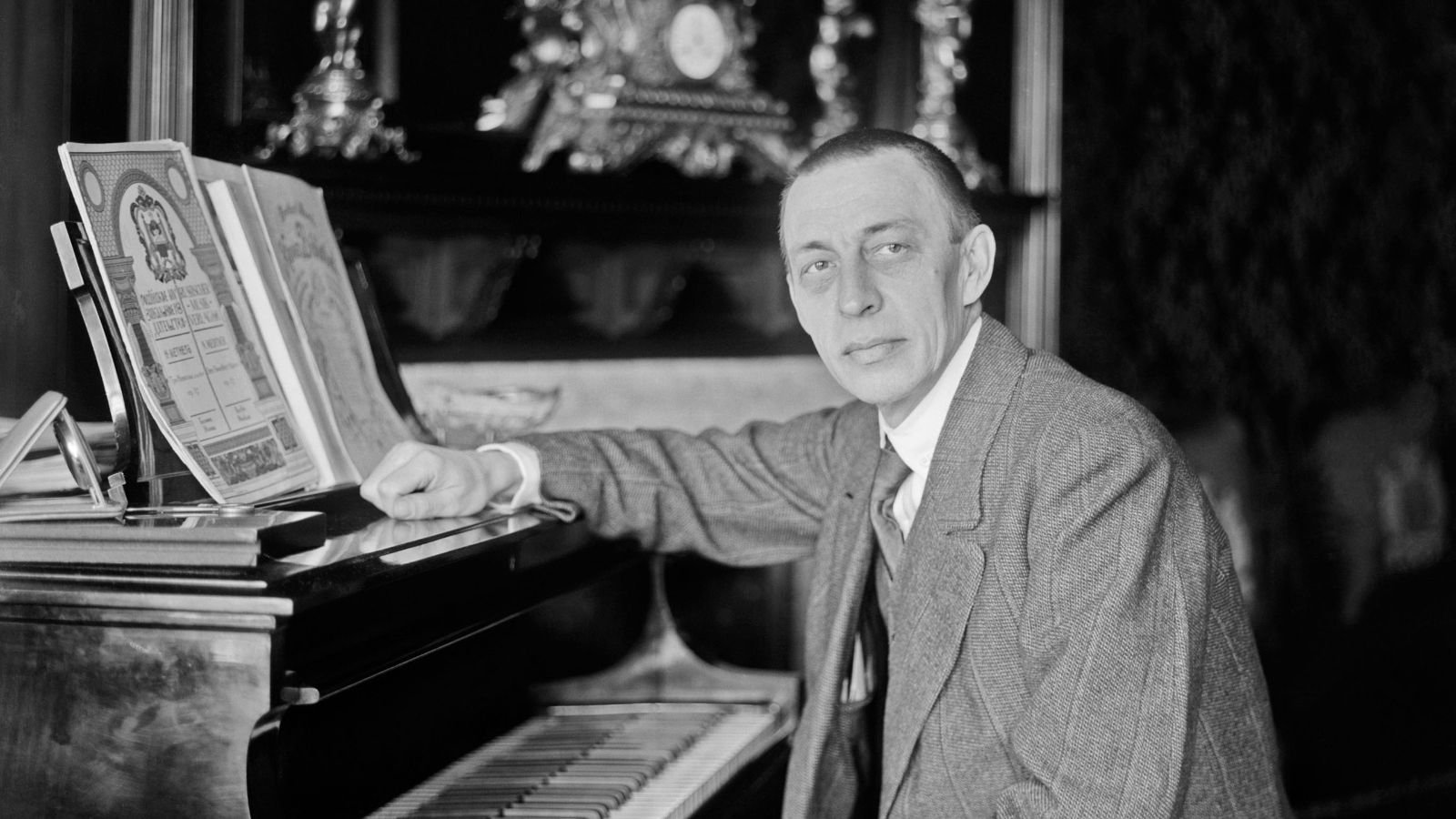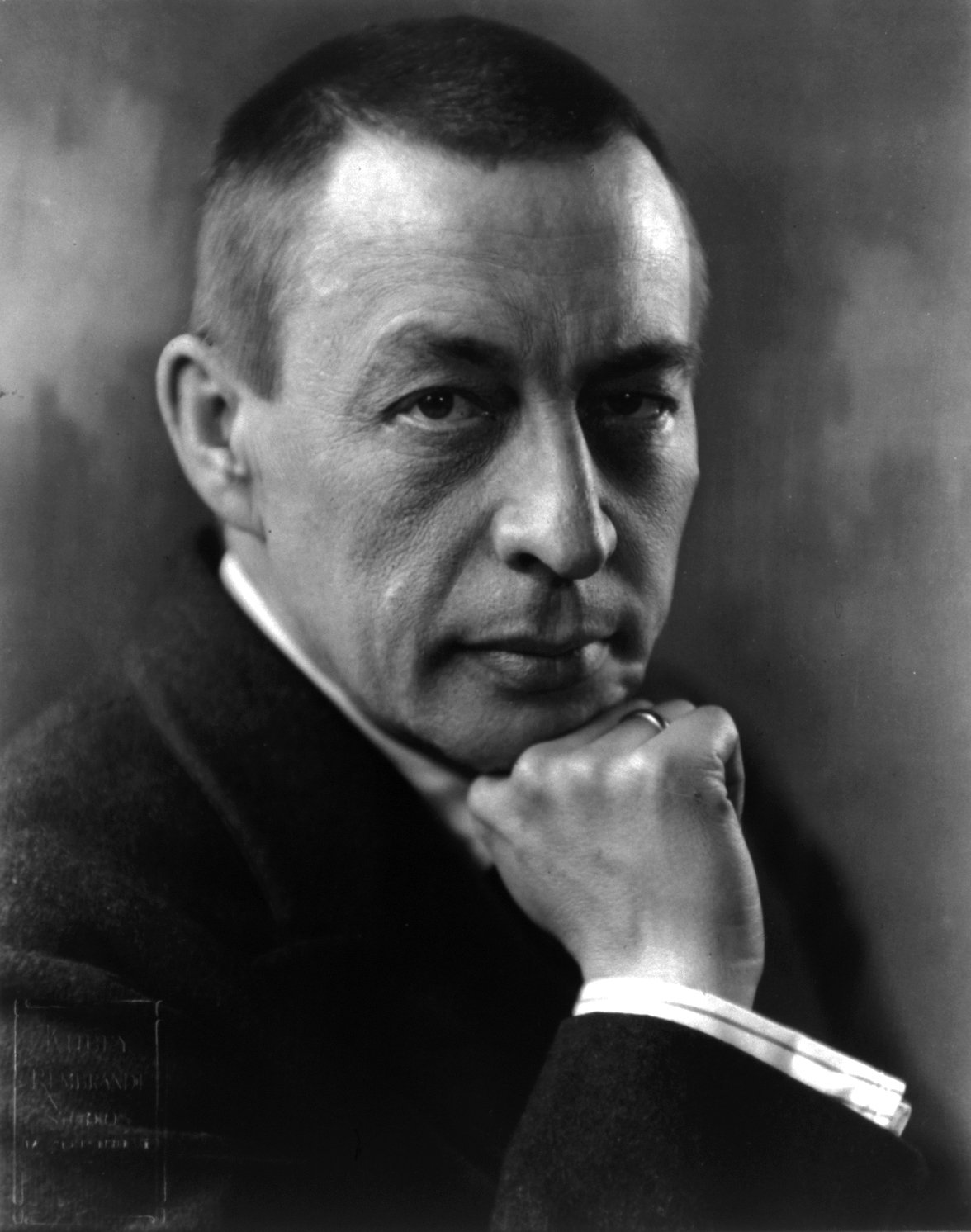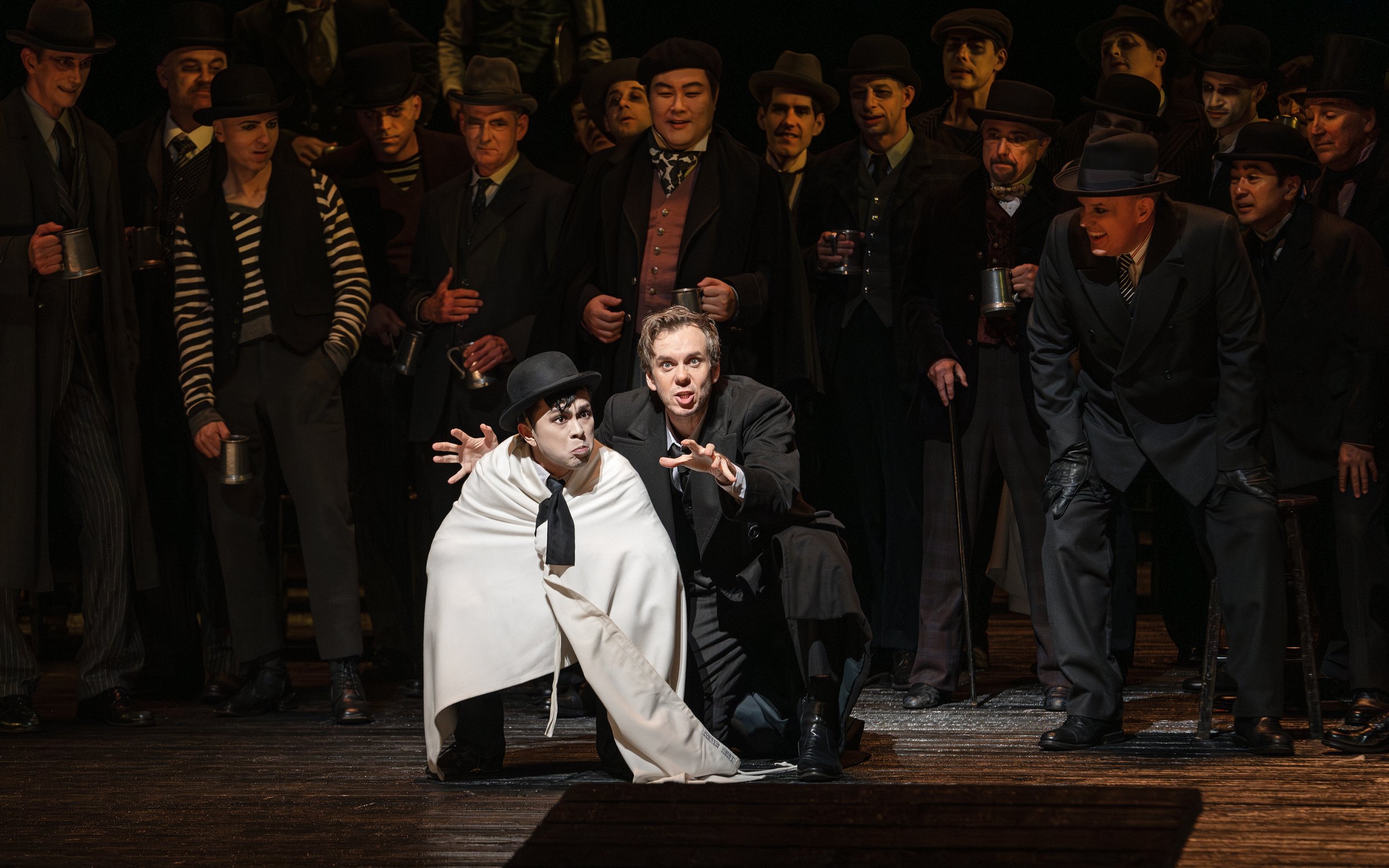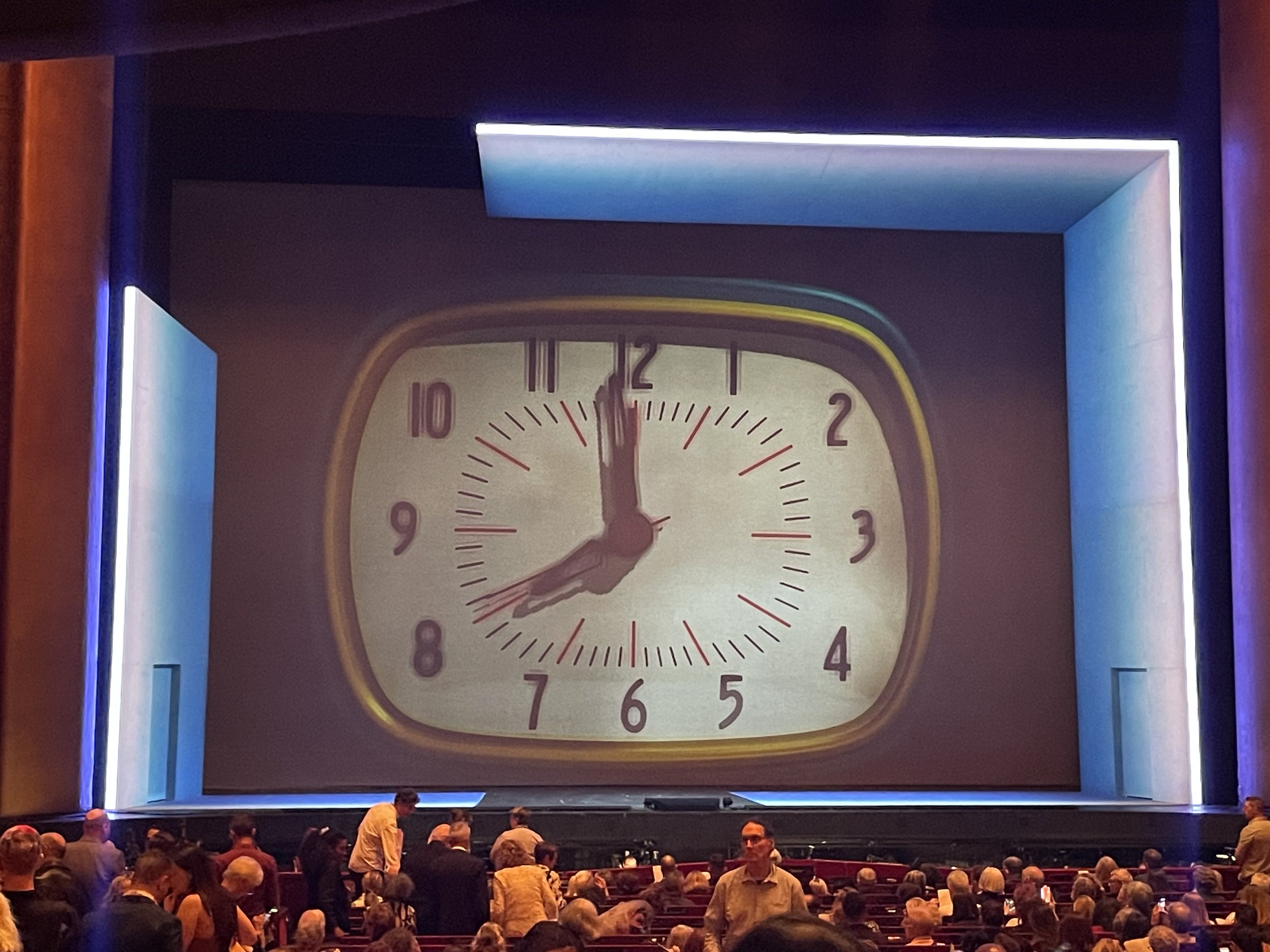Spotlight: Rachmaninoff’s “Ne poy, krasavitsa”
Sergei Rachmaninoff at his piano
For Sergei Rachmaninoff’s 150th birthday, I’m Spotlighting one of his gorgeous art songs, “Ne poy, krasavitsa,” from a poem by Alexander Pushkin. Happy birthday, Sergei!
Ne poy, krasavitsa, pri mne Do not sing, beautiful girl, before me
Ty pesen Gruzii pechalnoy; These Georgian songs so sad;
Napominayut mne one They remind me
Druguyu zhizn’ i bereg dalnyy. Of another life and a distant shore.
Uvy, napominayut mne Alas, your cruel strains
Tvoi zhestokye napevy Remind me
I step, i noch – i pri lune Of the steppe and the night
Cherty dalyokoy, miloi devï. And the moonlit face of my distant beloved.
“Do not sing, beautiful girl, before me,” the singer of Rachmaninoff’s poignant “Ne poy, krasavitsa” begins, pleading to an unnamed, invisible, and silent maiden - the krasavitsa.
It seems odd that she (as either a soprano or mezzo usually interprets the song, here we shall refer to the singer as a lady) should make this request since she is singing herself. Then the singer makes clear what precisely is unwelcome: “Ty pesen Gruzii pechalnoy” — “these Georgian songs so sad.” It is sung with the heaviness and slowness of a confession. The sensitivity of the words “these Georgian songs” is made bolder by the absence of the piano, until a gentle upwards scale prompts the soft, almost timid utterance of “so sad.”
Up until now, the singer has not followed the gentle, melancholy melody that the piano began with, but now she sings it— not note-for-note, but certainly the same melody. “Napominayut mne one/Druguyu zhizn’ i bereg dalnyy.” They (the songs) remind me/Of another life and a distant shore.
Now we are given a reason for her averseness to the Georgian songs. But what is that melody, and why does she only now sing it, instead of from the beginning? I have my theory; you may have yours, and I am eager to hear it, so don’t hesitate to share in the comments. My theory is that the piano’s longing melody is one of the very Georgian songs that the singer is averse to. Perhaps the piano represents, although not for all of the song, the krasavitsa.
Then, I hear you ask, why would our singer be adding to her own sorrows by taking the melody up herself? Maybe, as she speaks of her “distant shore,” she unconsciously lapses into its songs. Or maybe, as she indulges herself in memories, she indulges her yearning with the melody.
What is her distant shore, what was the singer’s other life, and why has she been parted from them? No easy or obvious answer exists, for there are countless reasons for immigration (if hers was even voluntary), but judging from the tone of the song, her story is sad. She does not seem young as the krasavitsa, but her memories seem too fresh, too painful, too romantic to be those of a nostalgic dowager.
Then she leaves the longing melody. “Uvy, napominayut mne/Tvoi zhestokye napevy,” (Alas, your cruel strains remind me) she cries out, wounded, and sounding bitter. The krasavitsa can hardly be singing out of cruelty. Remind our singer of what? She quiets and stops her little outburst when giving the answer. “…i step, i noch —” (The steppe, the night—)
Now for the last piece we will get of her unhappy tale.
“—i pri lune/Cherty dalokoy, miloi devï.” (—and the moonlit face of my distant beloved.)
So she left a sweetheart behind on her “distant shore.” What became of him? Did he mourn her loss forever, pine away, die of grief? Or did he shrug it off, marry another, forget her? A combination of the two, perhaps. Our singer almost certainly doesn’t know. What is certain, though, is that she has not forgotten him. That may be all that matters.
WHO TO LISTEN TO
Many singers — veterans, newcomers, mezzos, sopranos, and even baritones — have recorded this gorgeous song. My personal favorites are Anita Rachvelishvili, described as “the greatest Verdian mezzo-soprano on the planet,” and the superstar soprano Renée Fleming, who recently returned to the Met for the world premiere of The Hours.
What I love about Anita’s interpretation is how gorgeously she allows her rich, velvety voice to luxuriate in the notes. She is quietly stirring, and the beauty of the ensuing rendition makes for simply divine listening.
Renée’s instrument, on the other hand, is satin and flexible. She also commands more emotional depth with her voice, lingering in the notes in a deeply sorrowful and nostalgic way. To listen to the version with the most vocal beauty and luxury, listen to Anita. To feel the story the most strongly, listen to Renée. Better yet, listen to both.
Ladies are not the only ones to have interpreted Ne poy, krasavitsa. Dmitri Hvorostovsky, the late Russian baritone beloved by opera fans for his golden voice and charming demeanor (as well as his distinguished silver hair), sang it in both recitals and albums.
Enjoy your listening!






